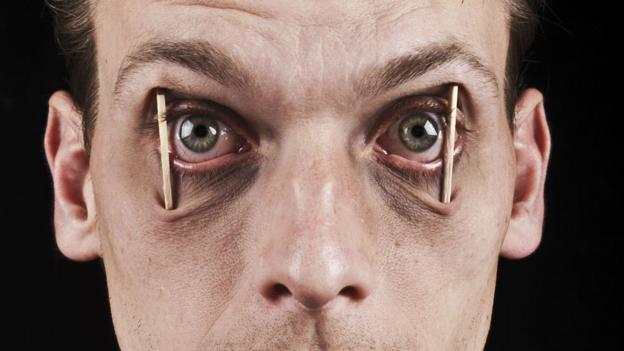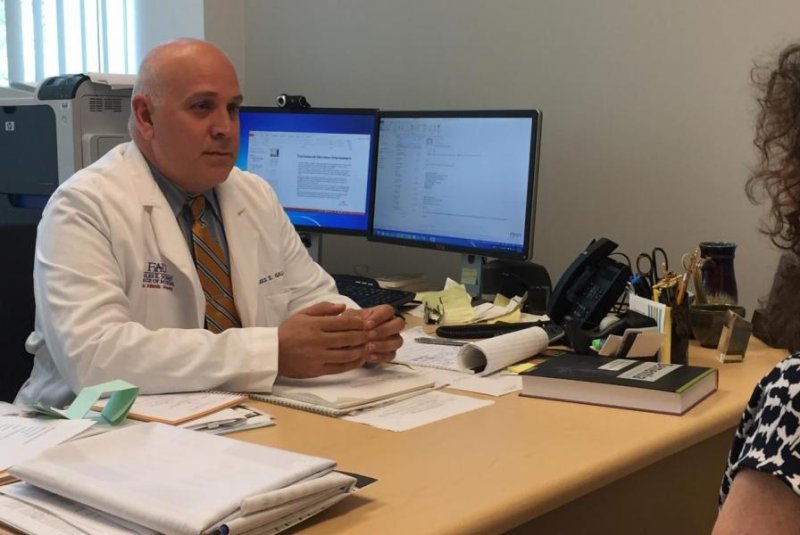otaviaabegg
Rookie
- May 2, 2014
- 1
- 0
- 1
Micron Associates
Looking back can sometimes show the way forward. An example is Hong Kong's mortality statistics for the last 10 years and the implications for health care. The top 10 causes of death remained the same in 2013 as they were in 2003, except for changes in the order. But the number of deaths attributed to them rose by 18 per cent, from 31,101 in 2003 to 36,552 in 2013, compared with a rise of 5 per cent in the population to 7.25 million. The discrepancy is not explained by more deaths from other causes. It results from a demographic phenomenon of which economists and policy advisers have been warning us - ageing of the population.
The percentage increase in deaths from the top 10 causes was actually in line with an increase in the elderly population - people over 65 - of 19 per cent from 818,800 to 978,000, as average life expectancy increased by five years.
Cancer remained the biggest killer, accounting for 13,538 deaths in 2013, an increase of 2,000-odd over 2003. The figure would have been much higher but for earlier diagnoses and better and more targeted therapies. But the number that really sticks out is for dementia - most commonly Alzheimer's disease. As a cause of death it leapfrogged diabetes mellitus and septicaemia in rising from 10th to eighth, or nearly fourfold to 1,000 from 256. And that does not include death from complications. For example, deaths from pneumonia, a common immediate cause of death among dementia patients, rose by nearly 3,000 over the decade to 6,722, displacing heart disease as the second highest cause. Dementia-related conditions have displaced diabetes among the five biggest non-communicable causes of death in Hong Kong.
Globally the number of dementia patients is expected to double from 36 million in 2011 to 72 million in the early 2030s, according to London-based Alzheimer's Disease International. Few countries have kept up with the demand that places on medical and nursing care. Hong Kong is no exception. Care of a dementia victim can be financially and psychologically stressful for families. Experts say the one in 10 people who will get dementia in their 70s rises to three in 10 in their 80s. As it is now common for people to live into their 80s, every extended family should expect to experience dementia. The latest mortality statistics ought to remind the Hong Kong government of the need for a long-term strategy. Present proposals for health care reform do not specifically address policy and financing options.
Looking back can sometimes show the way forward. An example is Hong Kong's mortality statistics for the last 10 years and the implications for health care. The top 10 causes of death remained the same in 2013 as they were in 2003, except for changes in the order. But the number of deaths attributed to them rose by 18 per cent, from 31,101 in 2003 to 36,552 in 2013, compared with a rise of 5 per cent in the population to 7.25 million. The discrepancy is not explained by more deaths from other causes. It results from a demographic phenomenon of which economists and policy advisers have been warning us - ageing of the population.
The percentage increase in deaths from the top 10 causes was actually in line with an increase in the elderly population - people over 65 - of 19 per cent from 818,800 to 978,000, as average life expectancy increased by five years.
Cancer remained the biggest killer, accounting for 13,538 deaths in 2013, an increase of 2,000-odd over 2003. The figure would have been much higher but for earlier diagnoses and better and more targeted therapies. But the number that really sticks out is for dementia - most commonly Alzheimer's disease. As a cause of death it leapfrogged diabetes mellitus and septicaemia in rising from 10th to eighth, or nearly fourfold to 1,000 from 256. And that does not include death from complications. For example, deaths from pneumonia, a common immediate cause of death among dementia patients, rose by nearly 3,000 over the decade to 6,722, displacing heart disease as the second highest cause. Dementia-related conditions have displaced diabetes among the five biggest non-communicable causes of death in Hong Kong.
Globally the number of dementia patients is expected to double from 36 million in 2011 to 72 million in the early 2030s, according to London-based Alzheimer's Disease International. Few countries have kept up with the demand that places on medical and nursing care. Hong Kong is no exception. Care of a dementia victim can be financially and psychologically stressful for families. Experts say the one in 10 people who will get dementia in their 70s rises to three in 10 in their 80s. As it is now common for people to live into their 80s, every extended family should expect to experience dementia. The latest mortality statistics ought to remind the Hong Kong government of the need for a long-term strategy. Present proposals for health care reform do not specifically address policy and financing options.







